Our humanitarian mandate
Saving lives, changing lives
The NGO SOLIDARITÉS INTERNATIONAL assists populations affected by conflicts and violence, epidemics, natural or climate-related disasters and economic collapse. Our humanitarian teams are committed to helping people whose lives, health and security are threatened, by meeting their most vital needs: food, water, shelter and hygiene.
SOLIDARITÉS INTERNATIONAL responds to crises by distributing emergency aid in person and, in parallel, by implementing long-term solutions that enable affected populations to regain sustainable access to water, sanitation, hygiene, diversified livelihoods and safe housing.
The ultimate aims of SOLIDARITÉS INTERNATIONAL’s action are protection, dignity and autonomy.
Meeting complex challenges in difficult contexts
Thanks to its extensive field experience and expertise, SOLIDARITÉS INTERNATIONAL is able to work in the most difficult-to-access areas and in particularly dangerous contexts.
SOLIDARITÉS INTERNATIONAL also demonstrates unique technical and social engineering capabilities, which we continue to perfect by building on the innovations and development efforts of our teams and partners.
For 40 years, and for as long as it takes
SOLIDARITÉS INTERNATIONAL’s commitment to assist populations affected by the most severe crises dates back to 1980.
We always provide aid at the request of the affected population or its representatives, in cooperation with our local partners, and we are fiercely determined to constantly uphold the humanitarian principles of humanity, independence, impartiality and neutrality.
Our field teams mainly comprise locally hired staff, to help ensure that the aid provided fits the population’s needs as closely as possible.
The first response to human suffering must be solidarity
Alain Boinet, SOLIDARITÉS INTERNATIONAL’s founder.
Key figures
million people were helped
with respect for their culture and dignity
national and international staff
Teams are made up of experts
active donors
ensure our autonomy and emergency response
million euros
for humanitarian assistance
of our resources allocated to populations
A figure that takes root in a strategic choice, representing our understanding of humanitarian commitment.
with respect for their culture and dignity
Teams are made up of experts
ensure our autonomy and emergency response
for humanitarian assistance
A figure that takes root in a strategic choice, representing our understanding of humanitarian commitment.
SOLIDARITÉS INTERNATIONAL's charter
Article 1: General principle – SOLIDARITÉS INTERNATIONAL’s purpose is to provide humanitarian aid and through its relief efforts demonstrate solidarity when populations are faced with political, ethnic or economic oppression, war or any other threatening circumstances.
Article 2: SOLIDARITÉS INTERNATIONAL is independent of any political, economic, ethnic or denominational group.
Article 3: Aid is provided impartially and always tailored to the needs of the threatened populations.
Article 4: SOLIDARITÉS INTERNATIONAL only intervenes when asked to by the affected populations or their legitimate representatives, either by providing emergency relief or through longer term projects.
Article 5: SOLIDARITÉS INTERNATIONAL’s relief efforts are carried out in such a manner that the cultural identity and dignity of each individual is respected.
Article 6: SOLIDARITÉS INTERNATIONAL’s members fully implement the projects approved by the organization.
Article 7: In accordance with the principles of intervention and to be as effective as possible, SOLIDARITÉS INTERNATIONAL introduces itself to the relevant organizations and institutions with a view to coordination and possible collaboration.
Article 8: In its capacity as witness to the difficult conditions in which it operates, SOLIDARITÉS INTERNATIONAL strives to inform public opinion and if necessary to call public attention to the facts.
Article 9: Every member of SOLIDARITÉS INTERNATIONAL pledges to adopt and respect the principles laid down in this charter.
Our history
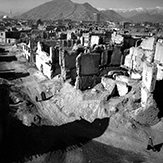
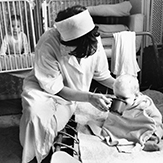
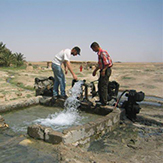
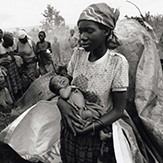
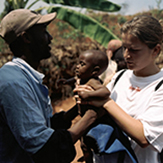
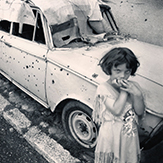

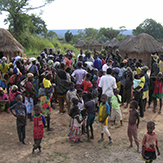
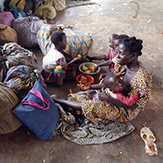
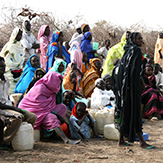
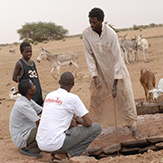
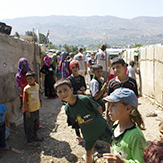
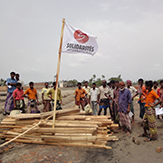
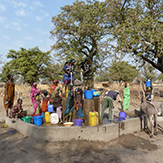
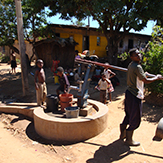
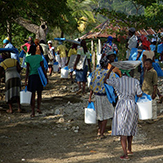
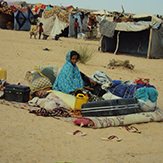
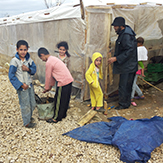
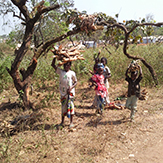
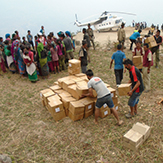
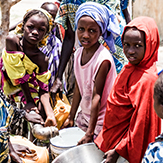
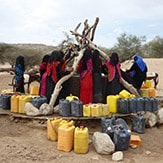
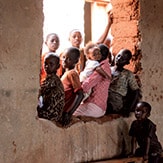
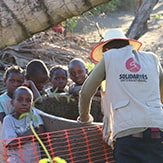
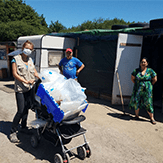
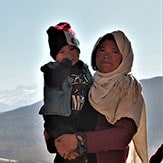
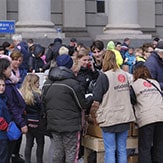
Vacancies
At head office
Worldwide
Internships
